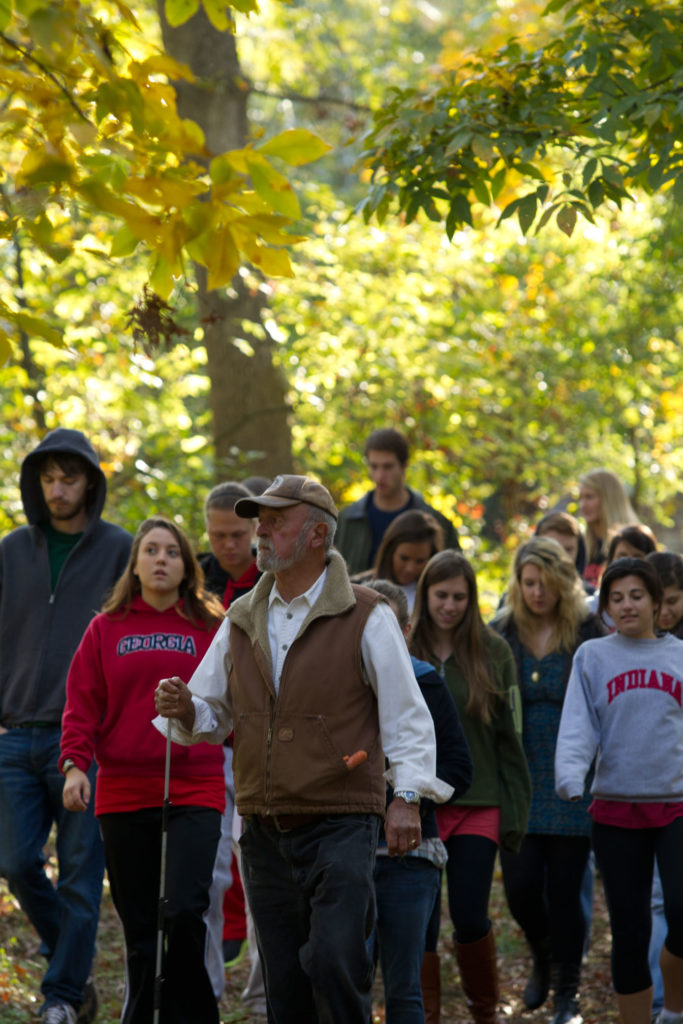Hamilton Jordan, the political strategist, businessman and author who died May 20, had close ties to the University of Georgia as a graduate, employee and member of a distinguished Georgia family whose UGA legacy spans many generations.
Jordan, who earned a political science degree from UGA in 1967, orchestrated Jimmy Carter’s 1977 presidential campaign and served as Carter’s White House chief of staff. After Carter’s presidency, Jordan worked as an investor and board member for a number of businesses, including several in the medical and biotechnical fields. He headed a professional tennis league and wrote books about the Iranian hostage crisis and his battle with cancer.
Almost 40 years after his graduation-in 2005-he returned to UGA as an adjunct faculty member in the Carl Vinson Institute of Government, where he worked on a book about the Carter presidency based on Carter’s personal White House diaries.
Last year, Jordan was instrumental in initiating and organizing a major conference at UGA on the Carter presidency. Co-sponsored by the Vinson Institute, the conference brought together Carter administration officials, leading scholars, media representatives and university students to examine lessons learned from the Carter presidency.
In April of this year, UGA’s Alumni Association honored Jordan with the Alumni Merit Award, which recognizes graduates and matriculates for lifetime loyalty and support of the association as well as professional leadership.
“I am pleased to have had the privilege of knowing Hamilton Jordan as a political strategist, a presidential adviser, a businessman and a scholar,” said UGA President Michael F. Adams. “I believe he may have been the best political mind of the 20th century. The entire University of Georgia family extends its deepest sympathies to his family and all who knew him. We are honored to have enjoyed him as an alumnus, a faculty member and a friend.”
Steve Wrigley, vice president of government affairs and director of the Vinson Institute, said Jordan “made lasting contributions to the public and private sectors. He will be remembered as an individual who was always enthusiastic about life, regardless of the circumstances. We were privileged to benefit from his expertise as a member of our faculty.”
Jordan’s death was attributed to mesothelioma, a form of cancer. He also had battled three other kinds of cancer. He and his wife, Dorothy, founded camps for children who suffer from cancer, leukemia and juvenile diabetes. He served on the boards of First Funding, a national effort for increased federal support for medical research, and the Brady Clinic of Johns Hopkins University.
